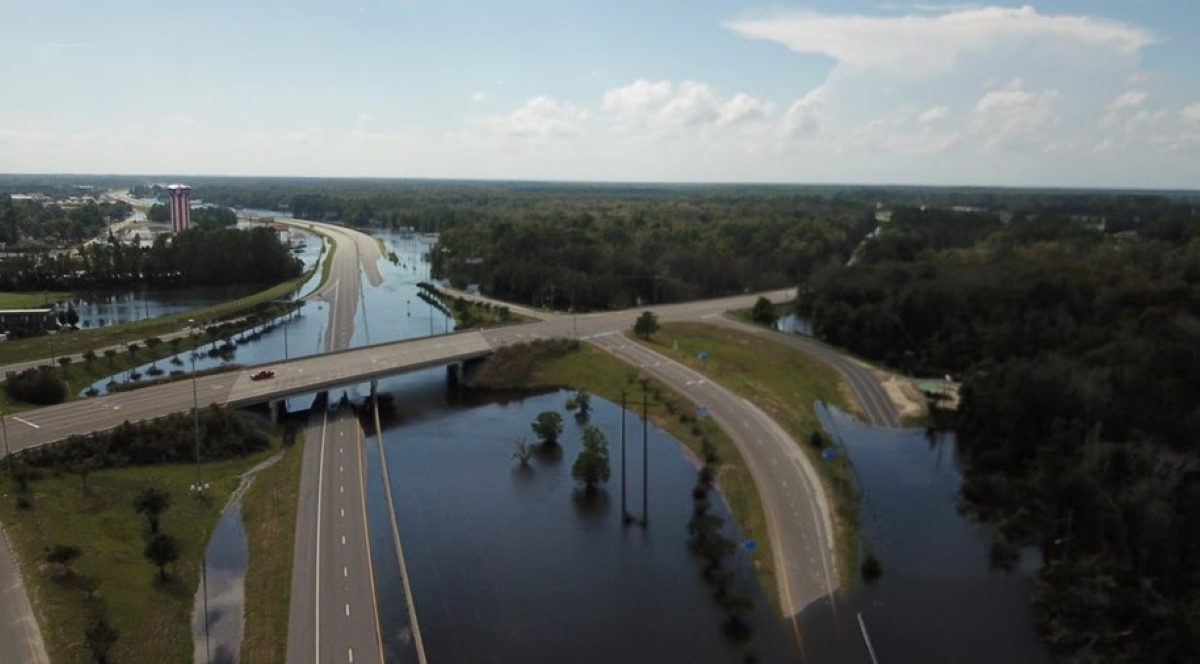
The North Carolina Department of Transportation has been awarded more than $1 million to create a drone program that officials say will improve response to natural disasters like hurricanes Florence and Helene.
NCDOT’s Division of Aviation was awarded a $1.1 million grant Monday from the U.S. Department of Transportation, the state announced Tuesday.
Supporter Spotlight
NCDOT is one of 47 recipients nationwide to be selected for funding from the Strengthening Mobility and Revolutionizing Transportation Grants, or SMART, program. The SMART program is part of the Bipartisan Infrastructure Law and has awarded around $200 million between 2022 and this year for planning and protype projects in 45 states, Washington, D.C., and Puerto Rico.
“We are thrilled,” Nick Short, interim director of NCDOT’s Aviation Division said in a statement. “This will make us better prepared for natural disasters. With what we saw during Helene, Florence and other natural disasters, when you’re not able to use highway infrastructure to get goods and assets to an area, it seriously limits your ability to provide life-saving care and quick response to people in need.”
Aviation staff are to develop a program using drone-in-a-box technology. The secure boxes containing autonomous drones act as a charging station, storage and place from which to launch and land. These boxes can be placed in a community ahead of a natural disaster and then deployed remotely to start collecting images of damage and deliver emergency supplies.
“With the ‘drone in a box,’ we can place a drone with medicine like insulin on the side of a road and then those supplies are there and ready to be deployed right away,” Short explained. “We will be able to deploy the drone remotely, so we can begin collecting data and delivering supplies without having to wait on someone to respond by driving into the area. In doing so, we’re also removing the risk of putting people in further danger during a natural disaster.”
Staff will pilot the project in Lumberton, which was hit particularly hard by hurricanes Matthew in 2016 and Florence in 2018.
Supporter Spotlight
“These storms tend to impact people in historically disadvantaged communities where roads and other infrastructure become inundated faster and for longer periods of time than many other communities,” Short said. “That was true in Lumberton during Hurricane Florence and is one of the main reasons we’re piloting this program there.”
The Division of Aviation will work closely with the town and surrounding communities because public feedback will be important as the agency studies the issue and develops a better response program, Short said.
While this program will be conducted in Lumberton, state aviation officials expect to evaluate the technology for disaster response deployment at other locations.
“This grant covers all the studies we’ll have to do, from researching the environment at these locations as well as all the community involvement we’ll be doing and feedback we’ll be seeking,” he said.
Short said expediting disaster response comes at a crucial time as scientists predict that climate change is expected to continue delivering storms that are more severe and more frequent.







